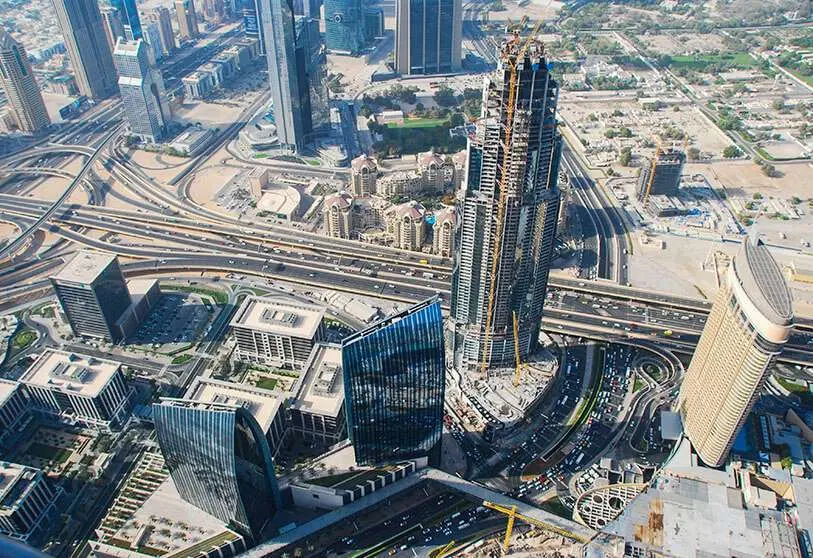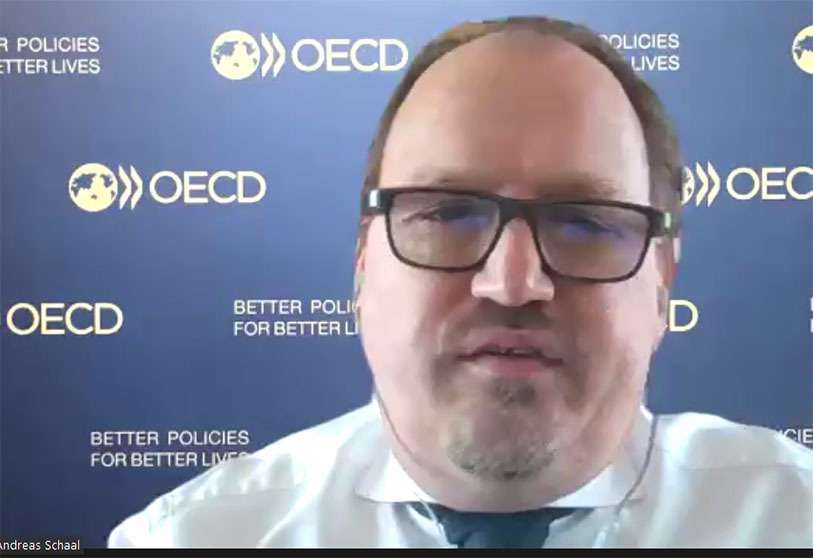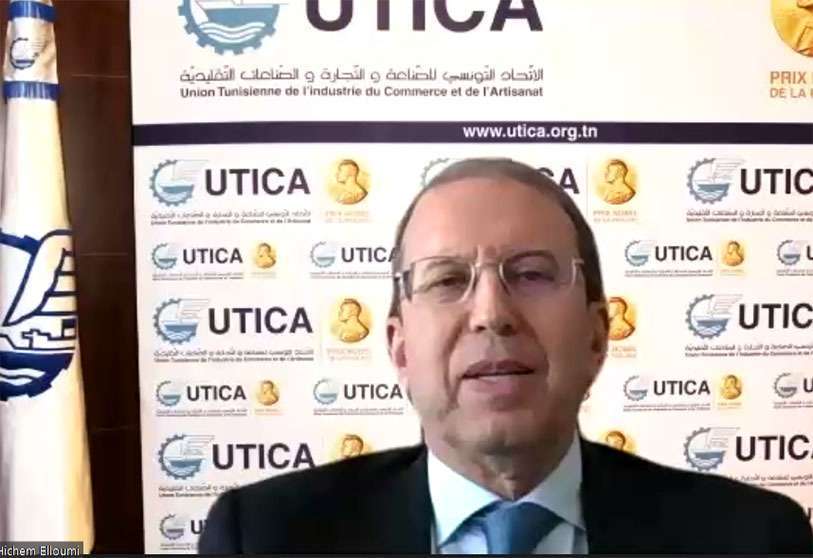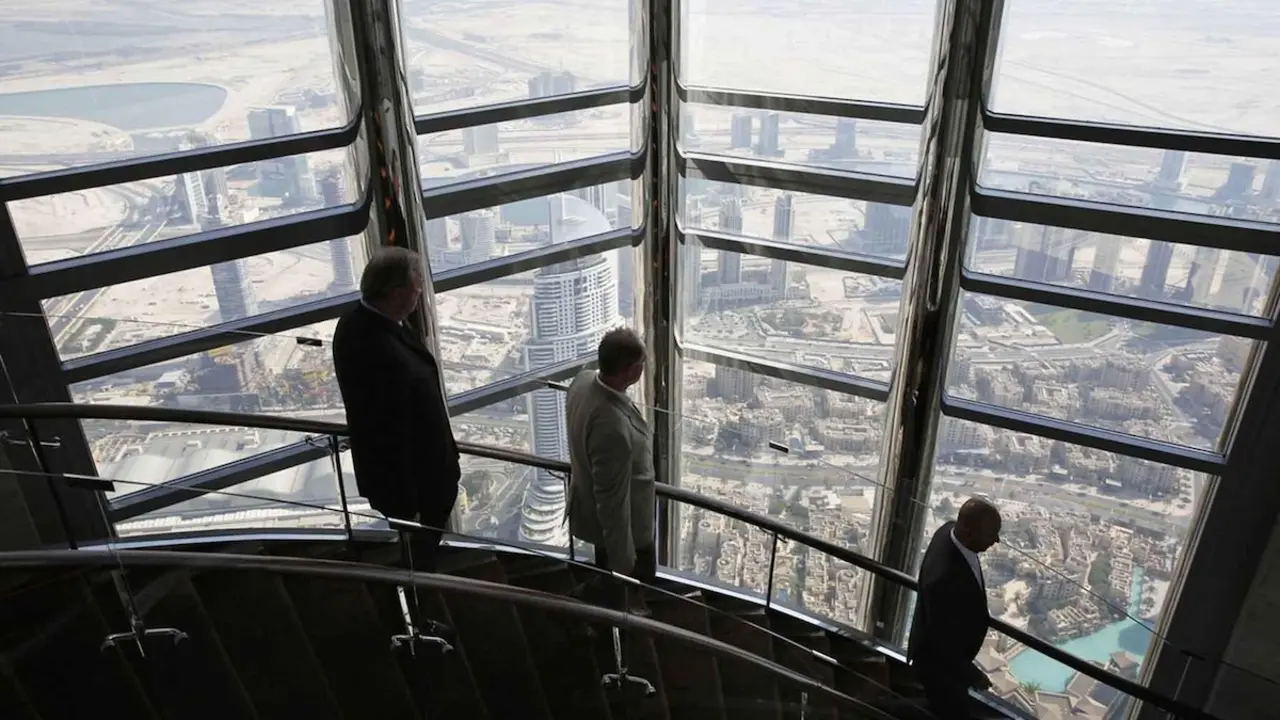The Mediterranean: a new trade opportunity

The Middle East and North Africa (MENA) has emerged as a diverse region, severely affected by multiple economic and political transformations, compounded by the crisis resulting from the COVID pandemic. However, its privileged geographical location and new emerging manufacturing and renewable energy markets make the MENA region an opportunity for economic growth worth analysing.
Against this backdrop of the economic and political impact of the pandemic, the MENA-OECD initiative on Governance and Competitiveness for Development was held with world leaders and entrepreneurs. Four of the most important current issues affecting the region and international trade itself were discussed: investment, connectivity, youth empowerment and social resilience.
Among the most urgent problems arising from the pandemic are gender equality, environmental protection and infrastructure connectivity, challenges that, according to the OECD's director of international relations, Andreas Schaal, "will not be easy to address, but thanks to the OECD they can be studied and solved".

One of the most discussed issues raised the problem of rising unemployment among young people and especially women. For the co-chair of the MENA-OECD Business Advisory Board, Hichem Elloumi, "social progress must be made to create employment opportunities for young people and women through solid training in digitalisation". To this, the co-chair added that "there can be no economic progress if there is no social progress".
The initiative stressed the importance of "promoting youth economic empowerment as a key element to stimulate inclusive growth and generate social development".
Moreover, MENA governments have implemented measures to address the health, economic and social impacts of the crisis. These include fiscal measures aimed at supporting the most affected sectors and SMEs, in particular through direct cash transfers, deferred tax and loan repayments and reduced utility bills. At the summit, senior international markets manager Benjamin Godel gave the example of Egypt and Tunisia as countries where a great improvement has been made in terms of investment with more protectionist measures. Similarly, Godel welcomed the fact that these countries have "forced economic minimums to participate in public tenders".
On the other hand, the economic policy advisor, Ahmed Safar, stressed the importance of carrying out a policy dialogue in which "there is government support for local needs".
In the same vein, the CEO of Beassur Marsh, Mehdi Tazi, insisted on the need to "create a strong education industry" in which "people from the tertiary sector who have lost their jobs due to COVID can be trained and hired in the industrial sector". He also argued that despite the difficulties, "opportunities must be sought".

Another of the most notable aspects revolved around improving connectivity and participation in the value chain in order to "strengthen its position as a gateway to markets in Africa, Europe and Asia". One of the strategies proposed would be to diversify the supply chain through investment as "the more diverse, the more resilient" as well as trying to increase efficiency to increase resilience.
Moreover, increased dialogue between institutions and the public and private sector would boost trade and investment growth in an area characterised by uncertainty, but rich in opportunities for the future. According to the OECD Vice-President, "Governments need to develop strategic visions to support the development of new sectors and contribute to the diversification of the economy".
The aim of the MENA-OECD programme, launched in 2005, is to improve and boost investment in the MENA region and to encourage transparency and sustainable and environmentally friendly business growth.
Many countries in the region are passing legislative reforms to improve the regulatory framework and attract foreign investment. This is the case of countries such as Jordan, Morocco, Algeria, Egypt and Tunisia. In this context, the implementation of the African Continental Free Trade Area (AfCFTA), which came into force in May 2019, has been presented as an opportunity for the MENA region to improve participation in global value chains and promote greater trade and investment with the rest of Africa.

Thus, economic growth and development has improved across the region and is expected to strengthen in the coming years in what is seen as a "lion" that has yet to wake up. Even so, countries in the region have been eliminating or reducing energy subsidies and seeking alternative non-oil sources of income, as well as adopting reforms that favour diversification and development.
In addition, the region has a large young population that can specialise and find employment in these sectors, generating economic activity.
However, the various wars and conflicts have wreaked havoc on both the economic and social sectors. Progress in the peace processes in this part of the East continues to be a challenge that affects its international image and leads to a certain scepticism when it comes to investment.
Despite the situation, the MENA region and the Mediterranean are positioning themselves in a market that is gradually emerging and which could undoubtedly be one of the great commercial opportunities that will open up new economic scenarios, creating jobs, improving the region's economy and strengthening its international image as a reliable scenario for promoting investment.








